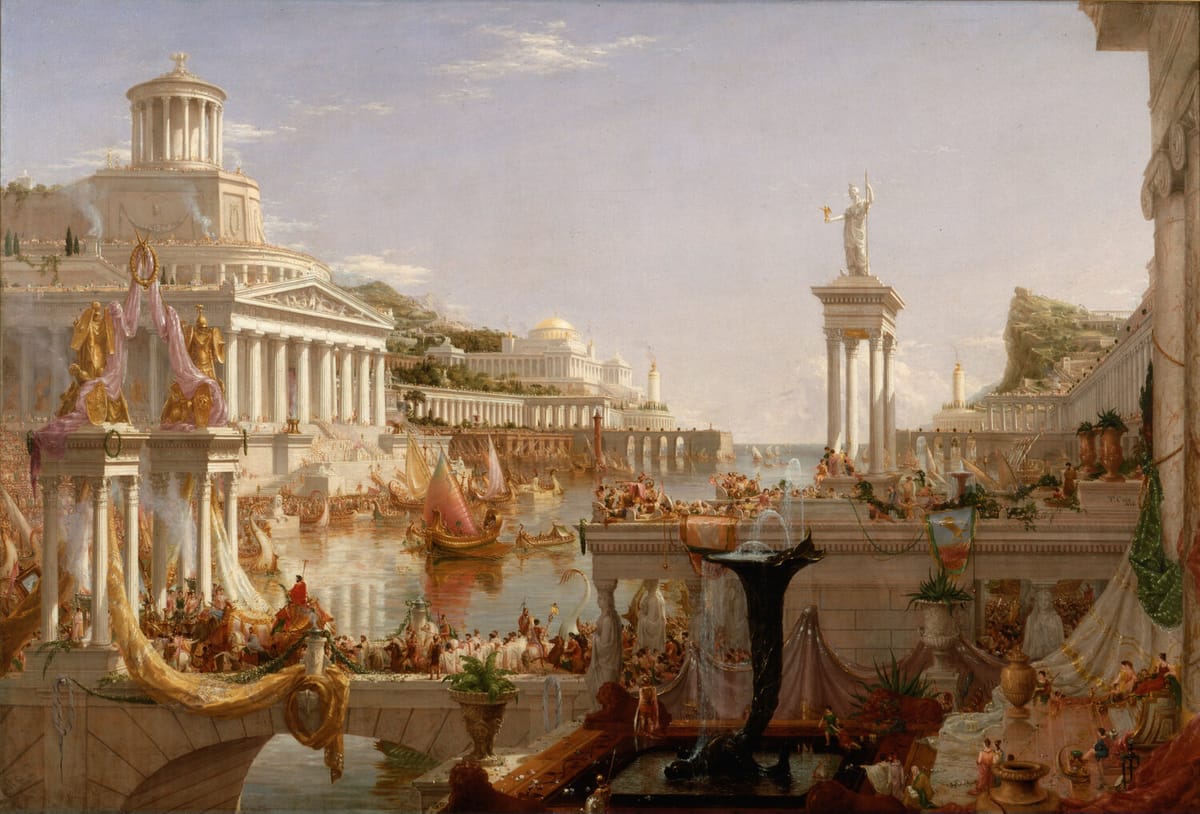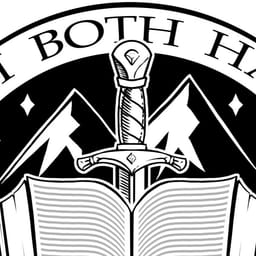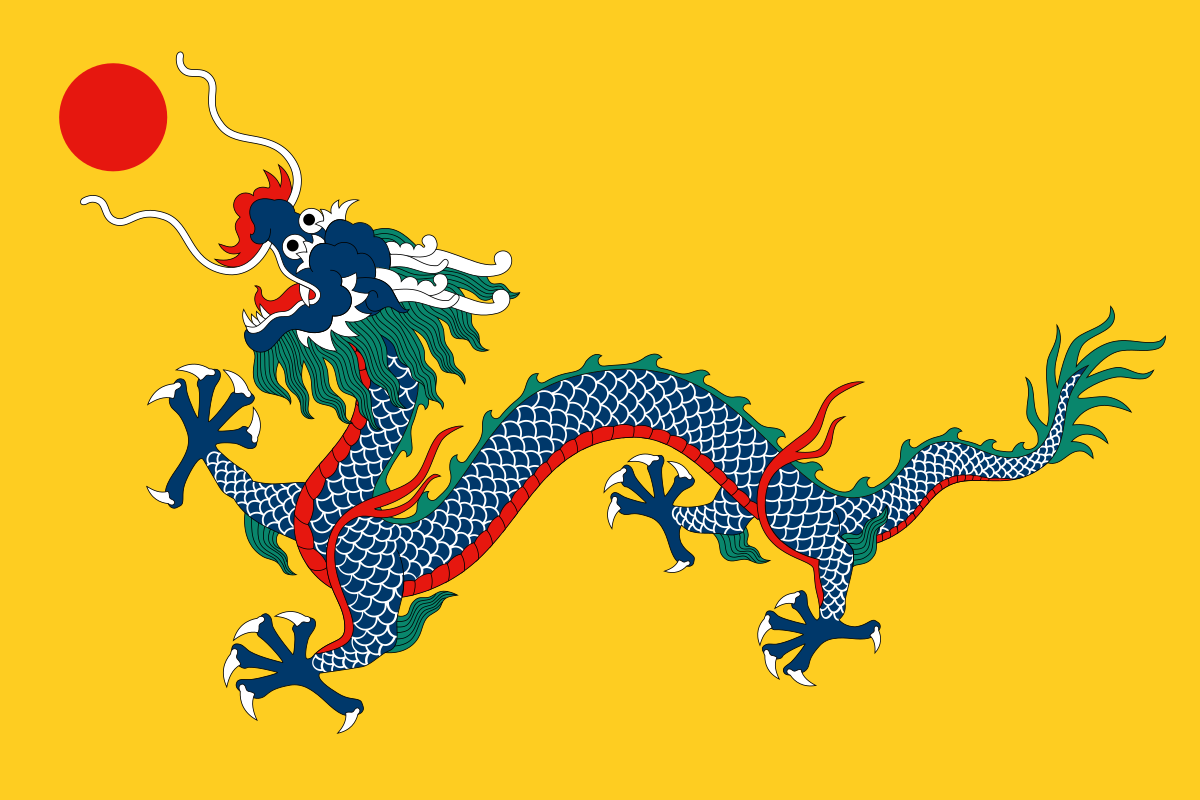I once heard of how a Chinese or perhaps Taiwanese writer wrote about how the average villager in China was beset by all manner of bandits during the civil war.
1. Bandit thugs working for the Nationalists
2. Bandit thugs working for the Communists
3. Bandit thugs working for the Japanese puppet regimes
4. Bandit thugs working for warlord cliques or generals
5. Bandit thugs who were just bandits, non-aligned
So it made me think of what other types of factions could have existed in the fractious period between 1911 and 1949. What if there was a monarchist faction?
Instead of the Qing, who would have been propped up by Japan anyway falling into 3), what if Yuan Shikai did better in the National Protection War and managed to hold on as a warlord with a twist, promising to preserve the Confucian system and please both Qing loyalists (the Manchu supposedly approved of his move) and Han reactionaries who want the Ming back, by at least having an empire and not a republic?
So by the time WWII happens, there are monarchist bandit thugs also extorting people.
Also lol his Wikipedia article actually contains a picture of Yuan dressed in some real damn post-Qing neo-imperial clothes in 1914, nice.

Alternatively you can come up with a different dynasty being declared.
I'm trying to crib as few ideas from Kaiserreich as possible so I didn't lok up what they did with the Ma's nor did I attempt to add an I-Kuan Tao faction.
1. Bandit thugs working for the Nationalists
2. Bandit thugs working for the Communists
3. Bandit thugs working for the Japanese puppet regimes
4. Bandit thugs working for warlord cliques or generals
5. Bandit thugs who were just bandits, non-aligned
So it made me think of what other types of factions could have existed in the fractious period between 1911 and 1949. What if there was a monarchist faction?
Instead of the Qing, who would have been propped up by Japan anyway falling into 3), what if Yuan Shikai did better in the National Protection War and managed to hold on as a warlord with a twist, promising to preserve the Confucian system and please both Qing loyalists (the Manchu supposedly approved of his move) and Han reactionaries who want the Ming back, by at least having an empire and not a republic?
So by the time WWII happens, there are monarchist bandit thugs also extorting people.
Also lol his Wikipedia article actually contains a picture of Yuan dressed in some real damn post-Qing neo-imperial clothes in 1914, nice.

Alternatively you can come up with a different dynasty being declared.
I'm trying to crib as few ideas from Kaiserreich as possible so I didn't lok up what they did with the Ma's nor did I attempt to add an I-Kuan Tao faction.





